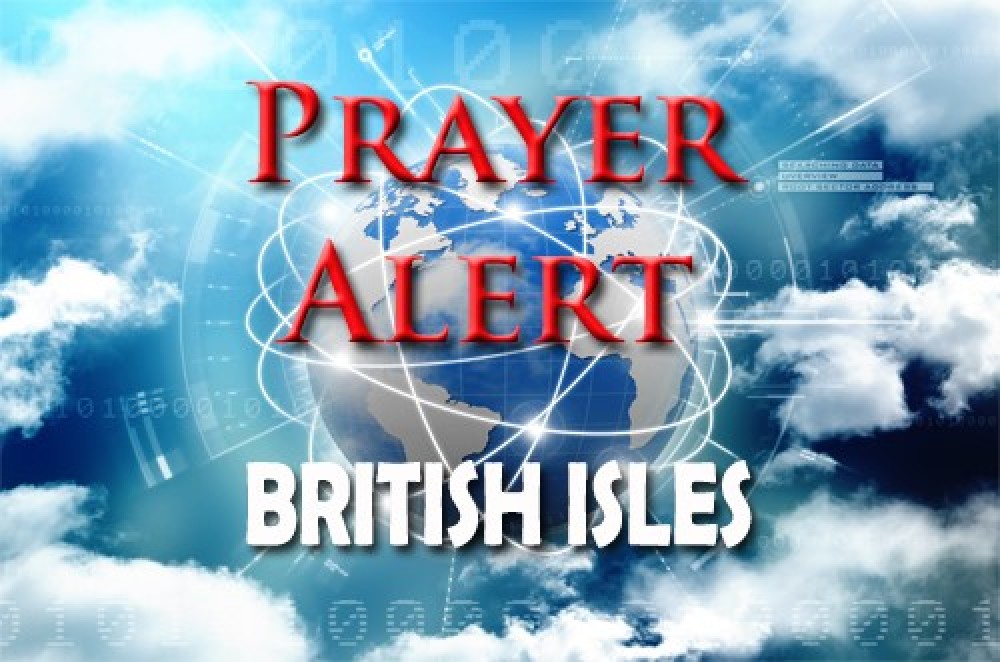Junior doctors in England are currently engaged in the longest strike in NHS history, demanding a 35% pay increase from their current hourly rate of £15-£17 to around £20. Despite five weeks of unsuccessful talks last year with the British Medical Association, the Government remains firm in its refusal to negotiate during the strike. The doctors, who claim strong public support, argue that their six-day strike is the only way to get the government's attention regarding their pay and working conditions. Health secretary Victoria Atkins is accused of pushing medics out of the negotiation room. Dr Robert Laurenson, co-chair of the BMA’s junior doctors committee, stressed the necessity of the strike, citing a workforce crisis and the government's alleged unresponsiveness to other forms of dialogue. Public opinions are mixed, with some expressing sympathy for the doctors’ plight, acknowledging their critical role and the current economic pressures. Others, however, suggest gratitude for employment during difficult times. The strike has sparked concerns about junior doctors moving abroad for better pay and conditions; Dr Georgia Blackwell notes a growing trend of doctors relocating to countries like Australia for improved work-life balance and higher earnings.
Junior doctors’ strikes ‘have public support’ as NHS suffers mass cancellations
Written by David Fletcher 04 Jan 2024
Additional Info
- Pray: for a swift resolution to this dispute. Pray also for patients, families and other staff under pressure. (James 3:18)
- More: www.gbnews.com/news/junior-doctors-nhs-cancellations-support-latest
Tagged under